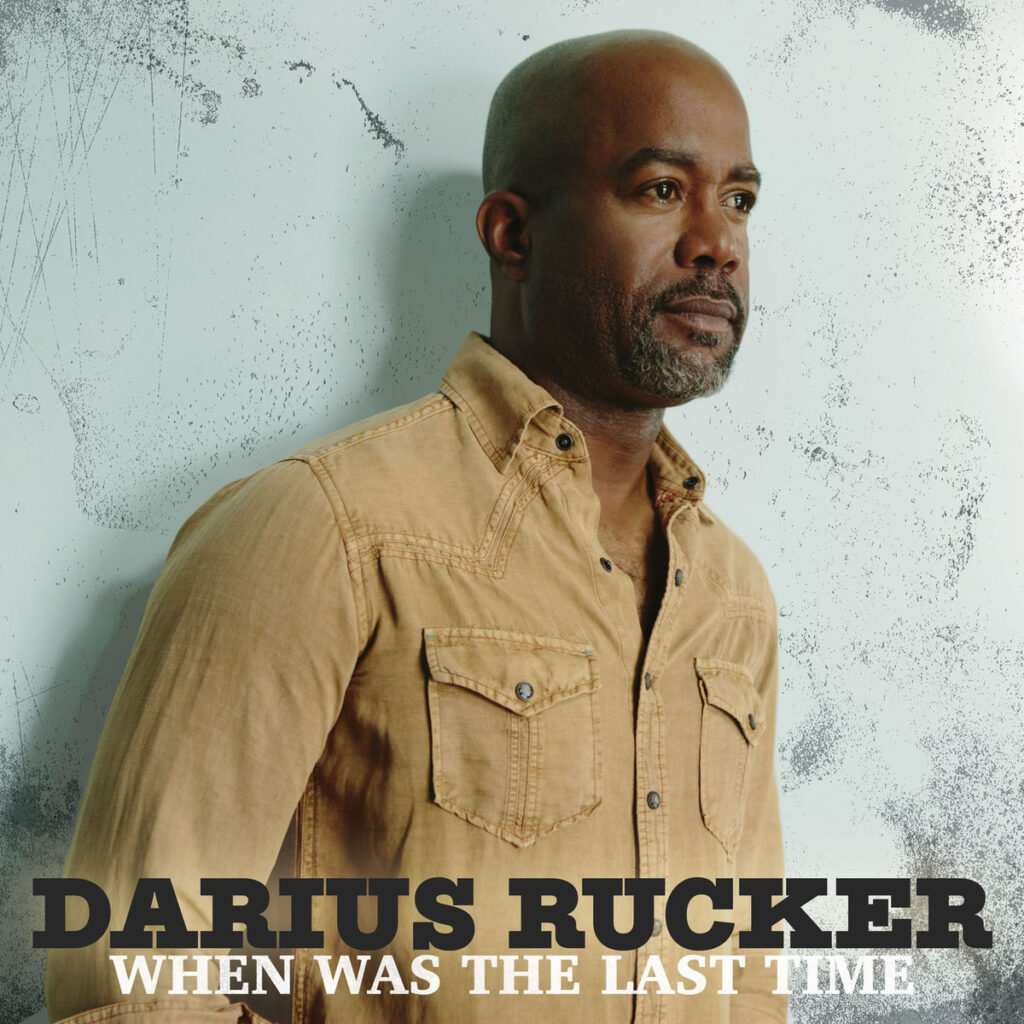
Introduction
Darius Rucker, an American musician and songwriter, has made significant contributions to both rock and country music genres. Gaining fame as the lead vocalist of the 90s rock band Hootie & the Blowfish, Rucker’s transition into country music has cemented his status as a multifaceted artist. With a career spanning over three decades, his journey exemplifies the evolution of music and the bridging of genres, making his story relevant for enthusiasts and aspiring musicians alike.
Rise to Fame
Darius Rucker first captured the public’s attention in 1994 with the release of Hootie & the Blowfish’s debut album, “Cracked Rear View,” which became one of the best-selling albums of the 1990s. Hits like “Hold My Hand” and “Let Her Cry” showcased Rucker’s distinct voice and emotional storytelling. However, after achieving monumental success in the rock scene, Rucker made the bold decision to pivot towards country music in 2008. His debut country single, “Don’t Think I Don’t Think About It,” topped the Billboard charts and marked a successful transition, further broadening his fanbase.
Recent Achievements
In recent years, Darius Rucker has continued to achieve remarkable success within the country music genre. His 2021 hit, “Beers and Sunshine,” resonated with fans and exemplified his versatility as an artist. Rucker’s ability to weave narratives that reflect life’s joys and challenges has garnered him numerous awards, including several Country Music Association (CMA) Awards and Grammy nominations. Furthermore, his philanthropic efforts, particularly those benefiting children’s hospitals and music education programs, have solidified his reputation as a committed and compassionate public figure.
Cultural Impact
Rucker’s unique position as a Black artist in a predominantly white industry has sparked conversations about diversity in country music. He openly addresses issues of race and representation, advocating for more inclusivity within the genre. This dialogue is essential as the music industry continues to evolve, aiming for broader representation and acceptance.
Conclusion
Darius Rucker’s journey from the iconic 90s rock band to a celebrated country artist reflects his adaptability and talent. As he continues to release new music and inspire upcoming musicians, his influence in both rock and country will undoubtedly endure. Fans can expect more innovative music and heartfelt messages from Rucker as he navigates this ever-evolving entertainment landscape. His story serves as a reminder that music transcends genre, bringing people together and fostering a sense of community.



